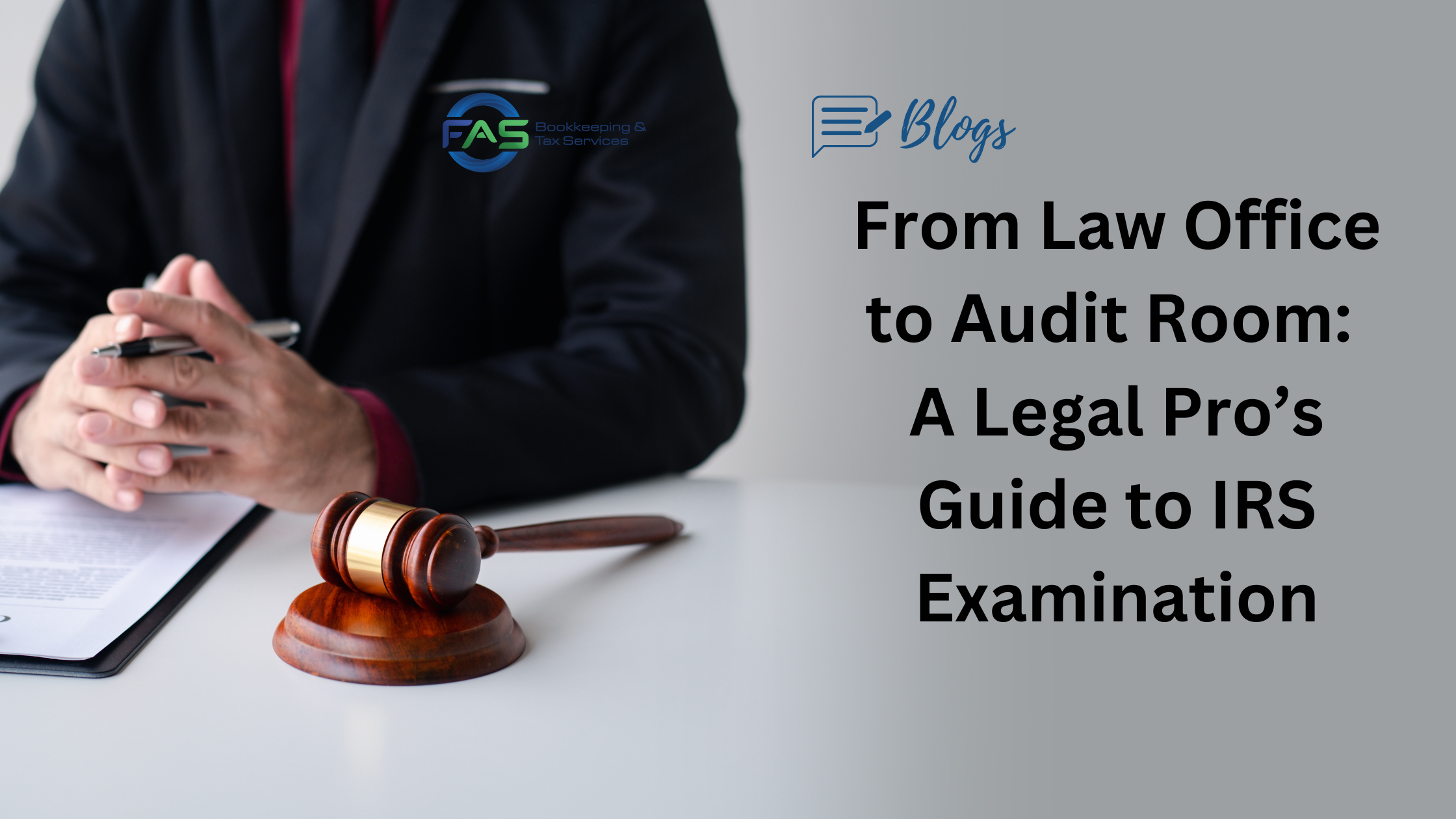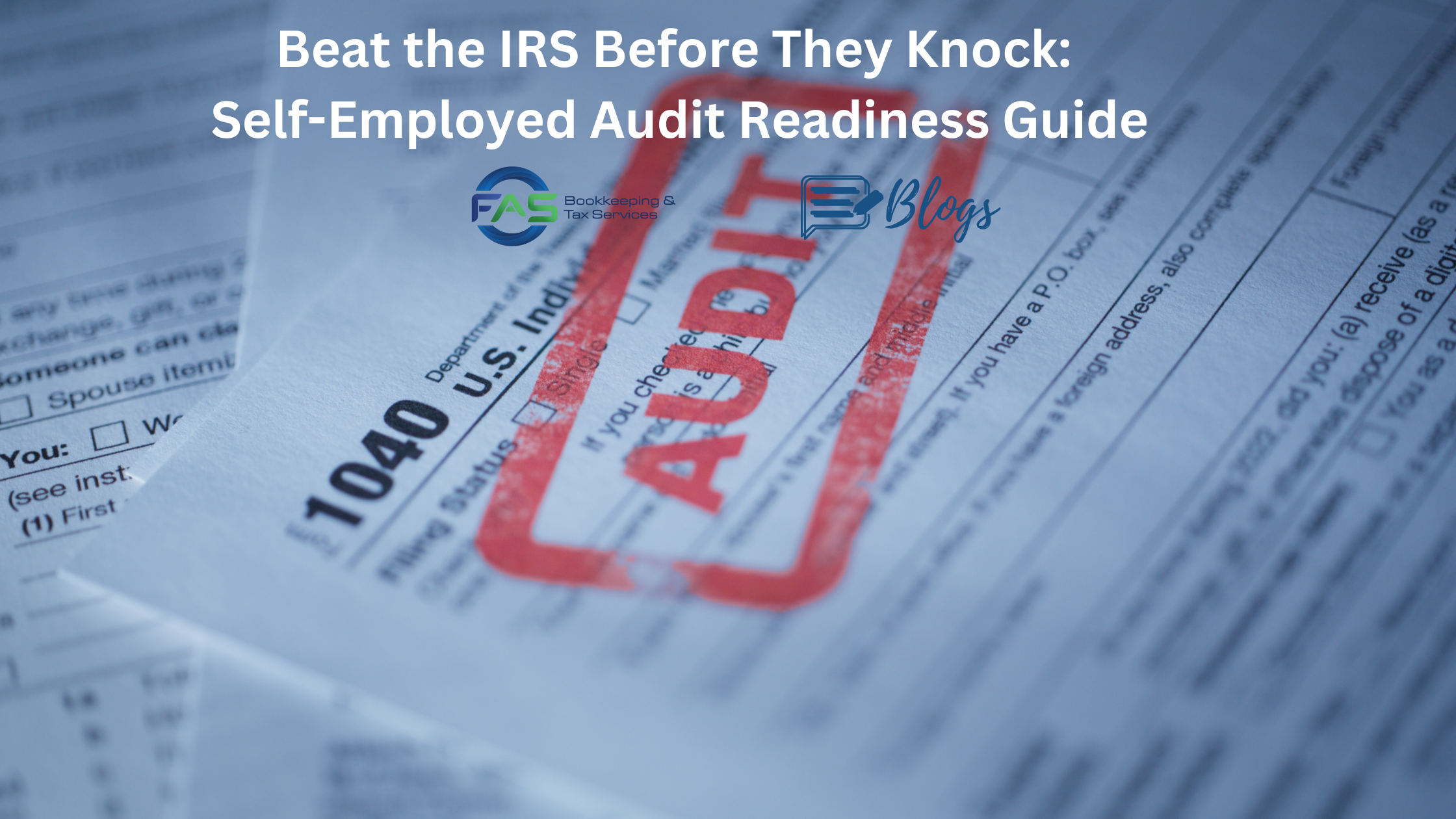Do You Get a Tax Break for Buying a House?
Considerable tax benefits exist for first-time homebuyers. As long as you live in your house as your primary residence, you may be eligible for a number of tax breaks and credits from the Internal Revenue Service (IRS).
However, the amount you can decrease your tax payment through deductions and credits is according to your income and tax bracket. If you’re hoping to receive a tax rebate as a result of your house purchase or ownership, you’ll need to itemize your deductions. Here’s what you need to know.
When you buy a home, you may be eligible for a tax credit.
You have to itemize deductions in order to get credit for things like mortgage interest and property taxes. The amount of all of your annual tax-deductible expenditures (not just housing costs) must be claimed. It is more beneficial to itemize deductions than the standard deduction if itemize deductions are greater than the standard deduction.
In the tax year 2022, a married couple taking the standard deduction is entitled to a deduction of $25,900. When filing as a single person, your standard deduction is $12,950, while those filing as a head of household will have a standard deduction of $19,400.
If you itemize, you can minimize the amount of income subject to IRS taxation, while a tax credit will reduce the amount of tax you owe. If you made $50,000 a year but also deducted $12,000 in itemized expenses, the amount of your taxable income would be reduced to $38,000. But if you had tax obligations of $2,000 and received a $1,000 tax credit, your tax liability would be reduced to $1,000.
When filing your taxes, itemized deductions reduce the amount of income subject to IRS taxation, while tax credits increase the amount of money you keep. If you made $50,000 a year and had $12,000 in itemized deductions, you would only owe taxes on $38,000 of your income. However, if you had tax obligations of $2,000 and claimed a $1,000 tax credit, your tax liability would be reduced to $1,000.
Standard deductions are rather generous under the parameters of the Tax Cuts and Jobs Act (TCJA), at least through 2025, and itemized deductions include a wide range of expenses beyond those directly related to the maintenance and upkeep of a primary residence.
What Are the Tax Breaks and How Much Are They?
If you itemize your taxes, buying a home may qualify you for a number of tax deductions and credits.
Tax Break for Home Loan Interest
Interest paid on the first $1 million of a mortgage (or $500,000 for married couples filing separately) is tax deductible if the mortgage was signed before December 15, 2017.
With a mortgage obtained after December 15th, 2017, the maximum amount of interest that can be deducted from your taxes is $750,000 ($375,000 if you’re married and filing separately). If your mortgage is $1,000,000, you can only deduct the interest you paid on the first $750,000. Both your primary and secondary residences are subject to these caps.
The IRS states that mortgage interest is only deductible if the money is used to “purchase, build, or significantly enhance” the house, however, this deduction applies to home equity loans, mortgage refinances, and home renovation loans as well.
If you utilize the proceeds from a home equity loan to do things like consolidate your debt or put your child through college, the interest you pay on the loan won’t be tax deductible.
Points you pay on your mortgage are also deductible. Points are prepaid interest that are rolled into your closing costs. If you stay in the house for a long time, you can lower your monthly payments by doing this. Assuming you meet the following conditions, mortgage points can be deducted with your interest payments:
- You live in an area where the practice of paying points is common
- your lender computed them as a percentage of the loan’s principal
- The points you paid are reasonable based on what’s usually charged in the area
- Your points are in line with what is customarily charged in your region
Deduction for Real Estate Tax
You can deduct up to $10,000 in annual property taxes as an itemized expense, though this deduction is also subject to limitations. All state and local taxes, not only real estate taxes, qualify for this deduction.
Credit for Mortgage Interest
Mortgage credit certificates (MCCs) are the foundation of a state-run program that lets you claim a tax deduction for mortgage interest paid for a set period of time following the purchase of your property. This credit is helpful because it lowers your tax liability rather than your taxable income.
Your state may offer a mortgage credit certificate (MCC) that will allow you to claim a tax credit equal to 20%-40% of your mortgage interest payments if you live there. The maximum amount of available credit is $2,000.
Allowance for Mortgage Insurance Premiums
You may be eligible to write off your mortgage insurance premiums if you take out a loan to finance the purchase of your property and pay premiums on a monthly basis. The mortgage insurance must come from one of the following companies in order to satisfy the Internal Revenue Service’s “qualified” insurance requirement:
- Department of Veterans Affairs (VA loans)
- Federal Housing Administration (FHA loans)
- Rural Housing Service (USDA loans)
Private mortgage insurance (PMI)
Although there is no hard and fast rule limiting how much can be deducted, the amount you can deduct will be reduced by 10% for every $1,000 that your MAGI is beyond $100,000 ($50,000 if married filing separately). If your MAGI is $102,000, then the amount you can deduct decreases by 20%. After a modified adjusted gross income (MAGI) of $109,000 (or $54,500 if filing separately), the deduction is no longer available.
First-Time Homebuyer Act of 2021: Tax Credit of Up to $15,000
In April of 2022, legislation to amend the tax system in favor of homeowners was still in the works in Washington. As a result of this amendment, some homebuyers may be eligible for a tax credit in addition to existing incentives. An individual can claim a credit of up to $15,000 ($7,500 if filing separately) or 10% of the purchase price of a first-time house under the First-Time Homebuyer Act of 2021. To be eligible, you must be a first-time homebuyer. The tax credit was first proposed in 2021.
Questions?
Feel free to get in touch with us at 713-855-8035 or via email at admin@fas-accountingsolutions.com if you have any questions about the tax breaks available to new homeowners.





